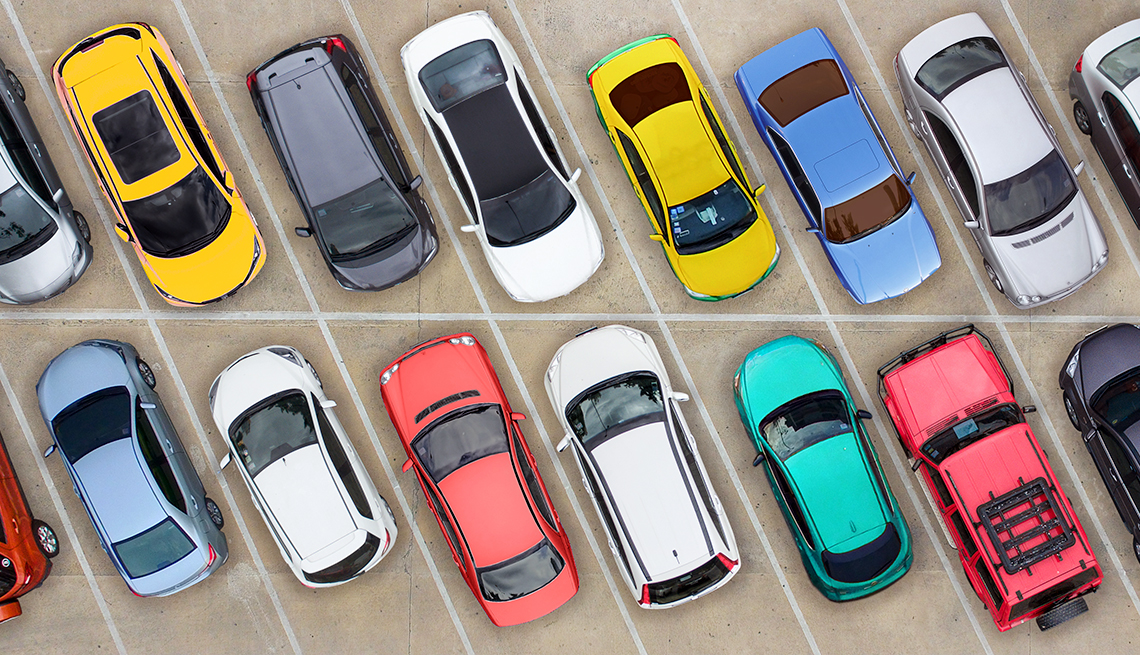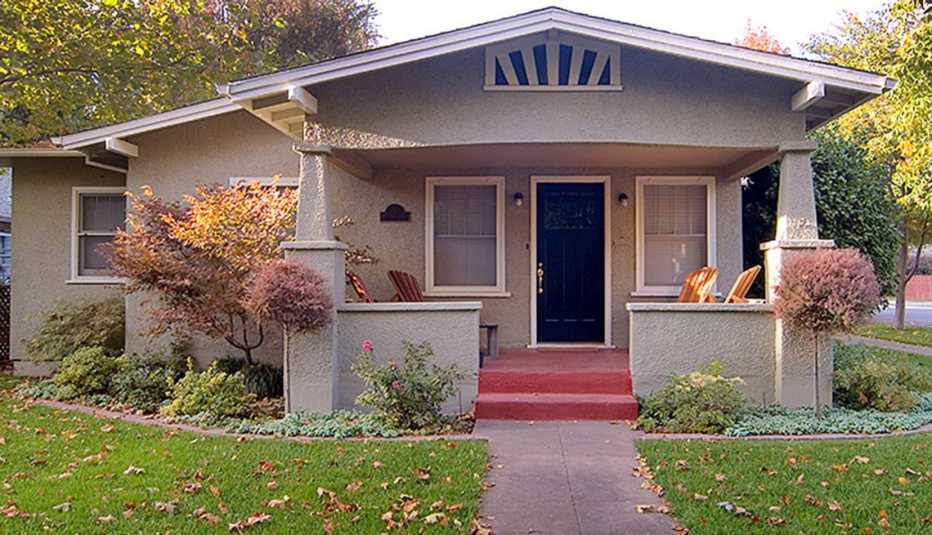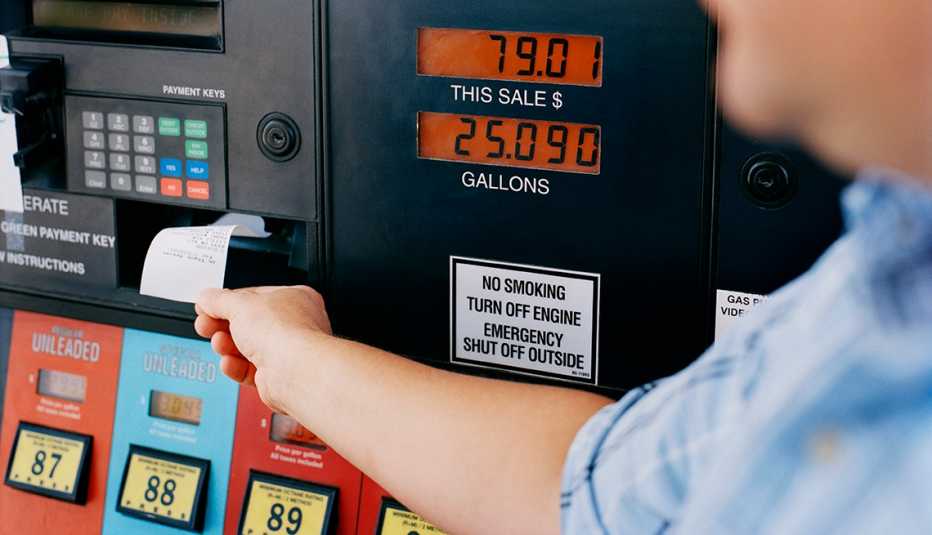AARP Hearing Center
Need a new car? The question is whether — given your budget and lifestyle — you should buy or lease.
Here are the two classic rules.
1. To pay the least over the long run, buy the car outright.
2. But lease if you want to drive a better car than you can afford to own.
Down payments are lower when you lease, compared with taking an auto loan, and monthly payments are lower, too.
No rule is forever. You might have a different opinion in your 50s than in your 70s. Before that discussion, however, you need to weigh some other pros and cons of leasing a car versus buying it.
When you purchase a car, you pay off an auto loan in an average of about five years. After that, you drive "free" for as long as you like. You become responsible for all repairs, once the car comes off warranty. To save money, consider a factory "certified pre-owned" car that has been inspected and refurbished and carries a manufacturer's extended warranty.
When you lease, by contrast, you never own the car. You pay for its use over a limited period of time — say, three years. The warranty should cover basic repairs. Maintenance costs may be covered in the contract. At the end of the term, you can buy the car at a price predetermined by the contract. Or you can return it to the dealer and lease another car, brand new. For those who go from lease to lease, car payments never stop.






































































